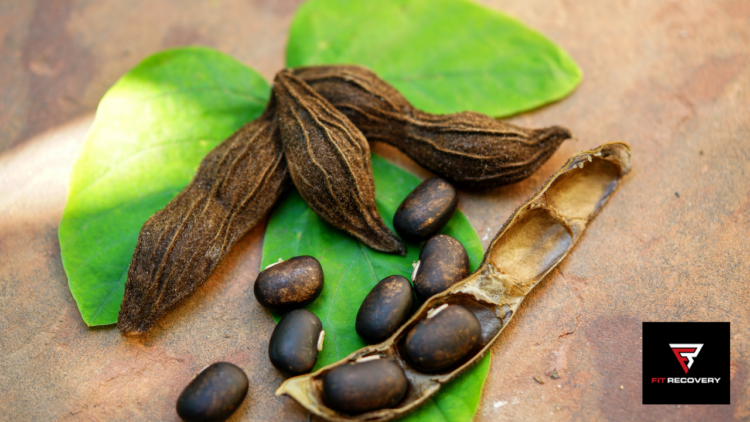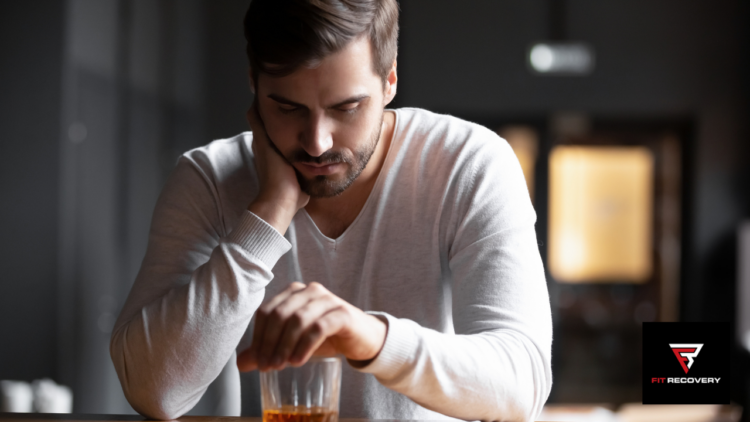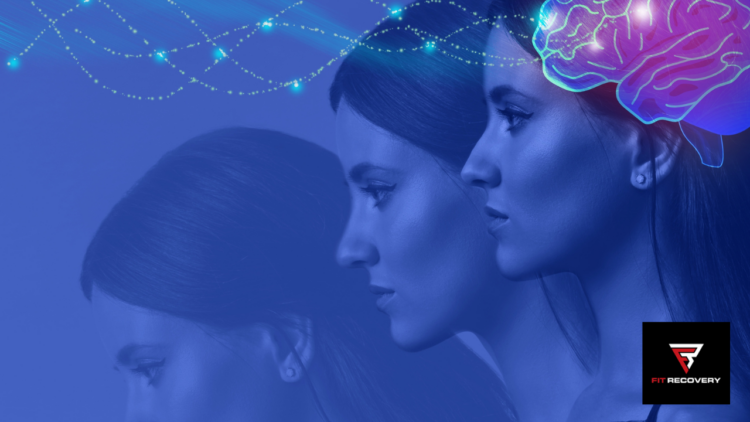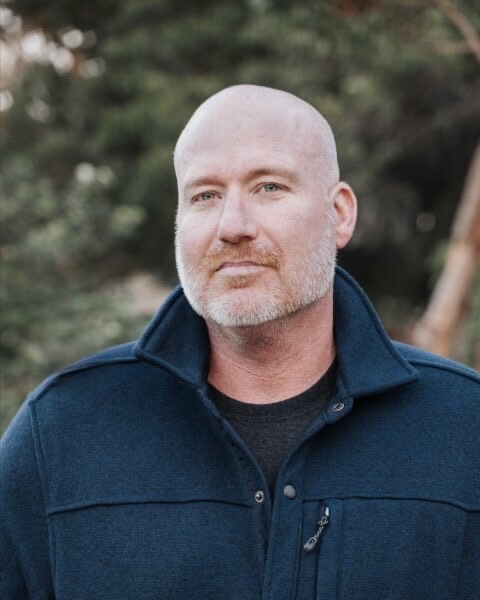
In this article, you’ll learn how to quit alcohol easier and faster by restoring your brain’s natural dopamine production.
How?
By utilizing an inexpensive and easily accessible dietary supplement called Mucuna Pruriens.
It’s almost unbelievable that such a powerful and affordable dopamine booster for alcohol and drug recovery can still be so under the radar, but alas this is the case.
However, I intend to bring to your awareness the wonderful benefits Mucuna Pruriens can provide for you and your brain.
If you decide to add this supplement to your alcohol recovery plan, the amount of help you’ll get from it is measurable and undeniable.
Read on to learn how Mucuna Pruriens can help you SLAY alcohol addiction once and for all…
But first… it’s worth it to give you a brief explanation of the importance of dopamine and how the regular consumption of alcohol leads to low dopamine or dopamine deficiency.
Why Dopamine is so Important
Dopamine is a neurotransmitter most notably involved in helping us feel pleasure as part of the brain’s reward system.
Sex, shopping, smelling fresh brownies baking in the oven — all these things can trigger dopamine release, or a “dopamine rush.”
This feel-good neurotransmitter is also involved in reinforcement.
That’s why, once we try one of those delicious brownies, we might come back for seconds (or even thirds).
The darker side of dopamine is the intense feeling of reward people feel when they consume alcohol or other drugs, such as fentanyl or cocaine, which can lead to addiction.
For example, alcohol boosts dopamine very high and the repeated consumption of alcohol over time can lead to a dopamine deficiency disorder.

Here’s how it works…
How Alcohol Monoplizes Your Dopamine
The repeated use of alcohol or other drugs leads to a serious brain chemistry deficiency that is detrimental to recovery yet easy to correct.
When you consume alcohol or another addictive drug, one of the primary mechanisms of action that occurs is a big spike in dopamine.
This drug-induced surge of dopamine is one of the main reasons why alcohol can become so addictive — as the dopamine surplus can lead to intense feelings of euphoria, motivation, and reward, all of which help us to reduce stress and enhance pleasure.
Once you’ve been consuming high-dose alcohol daily for as short as a few weeks, something dreadful happens.
Your brain stops producing dopamine on its own.
Since the brain has gotten used to the ethanol (alcohol) to supply the dopamine, it discontinues that task as you’re already taking care of it on your own now.
The big problem arises once you discontinue alcohol consumption.
Your brain doesn’t just kick back into high gear producing dopamine on its own like it used to.
Oh no…
Instead, the brain slowly begins to pick up that function again, and it can take a few months or longer to begin working as well as it did before alcohol addiction.
If you have low dopamine, you might experience the following symptoms:
- Exhaustion
- No Motivation
- Depression
- Anhedonia
- Memory Loss
- Mood Swings
- Sleep Issues
- Cannot Focus

This dopamine deficit syndrome causes unpleasant or even debilitating symptoms that often lead an individual back to drinking alcohol again (to get a break from feeling so badly).
Fortunately, Mother Nature provides Mucuna Pruriens to help your brain produce the adequate amounts of dopamine needed to eliminate these symptoms.
How Mucuna Pruriens Repairs Your Dopamine
Also referred to as Velvet Bean, Cowhage, and other names, Mucuna Pruriens is a tropical legume native to Africa and Asia. This tropical legume superfood contains high levels of a dopamine precursor named levodopa (L-Dopa).
After consuming L-Dopa it converts to the chemical dopamine in the brain.
L-Dopa is also a medication commonly used by clinicians as a dopamine replacement agent for the treatment of Parkinson’s disease. It is most effectively used to control bradykinetic symptoms apparent in Parkinson’s disease.
Since Mucuna Pruriens contains this dopamine precursor in therapeutic amounts, supplementing with it can help to re-supply your brain with healthy dopamine levels naturally.
This can lead to you receiving a significant increase in:
- Mood
- Motivation
- Energy
- Pleasure
- Enjoyment of Life
Taking a high-quality Mucuna Pruriens supplement daily can supercharge your brain’s natural dopamine production.
This can quickly offset the damage alcohol has done and kickstart your brain-healing recovery process.
By the first day or a few days in, you’ll probably feel the Mucuna Pruriens restoring your dopamine levels and as a result, you’ll feel happier, and more relaxed, and you’ll have more energy and motivation.

Sounds pretty good right?
How To Use Mucuna Pruriens for Alcohol Recovery
Now that you’ve learned how awesome this tropical legume superfood supplement is, you might be wondering how exactly to use it and what brands or products might work the best.
While this is not medical advice, the steps below can help you continue your journey by providing some helpful tips.
Here’s how to use Mucuna Pruriens for alcohol detox and recovery:
- Find out if you’re able to use Mucuna Pruriens from your doctor and make sure it isn’t contraindicated with any medicines or health issues you have.
- Do more research from other sources and remain skeptical but rational.
- If it’s not contraindicated and you’d like to try it on yourself, go to step 4.
- Purchase a high-quality Mucuna Pruriens supplement (my favorite that is also less than $20 is Dopa Mucuna; it contains 800 mg Mucuna extract and 120 mg L-dopa)
- Take the supplement as directed on the bottle.
- For the first few weeks after detoxing, use up to 2-3 times the amount recommended if needed.
- Take Mucuna Pruriens for 30-90 days or longer after quitting alcohol (can also be used while tapering off alcohol)
- Take Mucuna Pruiens in combination with a healthy diet and other nutritional therapies.
Additionally, there are a few other supplements that can increase your dopamine levels in the brain. Like Mucuna supplements, these are also typically affordable and easily accessible.
Below are some other powerful dopamine-boosting supplements for alcohol recovery:
- L-Tyrosine
- L-Phenylalanine
- DL-Phenylalanine (DLPA)
The three dopamine precursor supplements above can also either cause or exacerbate high blood pressure, anxiety, and agitation.
For individuals who are highly prone to anxiety and/or high blood pressure, Mucuna Pruriens is typically a much better supplement to use and these are often best avoided.
However, for around 90% of humans, L-Tyrosine, L-Phenylalanine, and DL-Phenylalanine not only boost dopamine but are also well-tolerated and do not need to be avoided typically.

Now that you’ve learned how to restore your dopamine, here are the key concepts to review so you grasp the most important fundamentals of this article.
Key Concepts
- Alcohol Use Disorder can cause Dopamine Deficiency Disorder
- After you detox from alcohol addiction, your brain doesn’t start producing dopamine in adequate amounts for mental and behavioral health for quite some time.
- The dopamine deficit symptoms (physical, mental, and emotional) can make life harder, and thus staying sober from alcohol can be more difficult.
- Mucuna Pruriens (Cowhage, Velvet Bean) is a natural supplement that contains L-Dopa, a dopamine precursor, in therapeutic amounts.
- L-Dopa converts to dopamine in the brain and thus can help you restore your dopamine levels naturally and efficiently.
- Other dopamine precursor supplements like L-Tyrosine, L-Phenylalanine, and DL-Phenylalanine can be used instead of or in combination with Mucuna Pruriens, but around 1 in 10 people don’t tolerate these well, as they cause or exacerbate high blood pressure and symptoms like anxiety and agitation.
If you have any comments or questions on the use of Mucuna Pruriens for alcohol recovery please post them in the comment box below.
Author
-
Matt Finch, the Fit Recovery Head Coach, embodies the power of transformation. With over 13 years of freedom from both alcohol and opioids, he has turned his personal journey into a beacon of hope for others. Previously a Certified Substance Abuse Counselor at an outpatient treatment center, he has dedicated his life to empowering individuals to break free from the chains of addiction. Through his innovative recovery coaching programs, he has joined forces with Chris Scott and Fit Recovery, inspiring thousands to overcome their struggles. By offering one-on-one recovery coaching, engaging group sessions, and dynamic online courses, along with his uplifting podcast, "The Matt Finch Show: Fit Recovery 2.0 Members-Only Alcohol-Free Lifestyle Podcast," he illuminates a path to a healthier, addiction-free lifestyle.
View all posts Fit Recovery Head Coach






